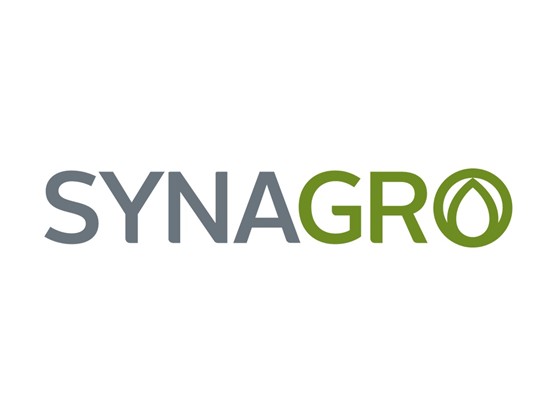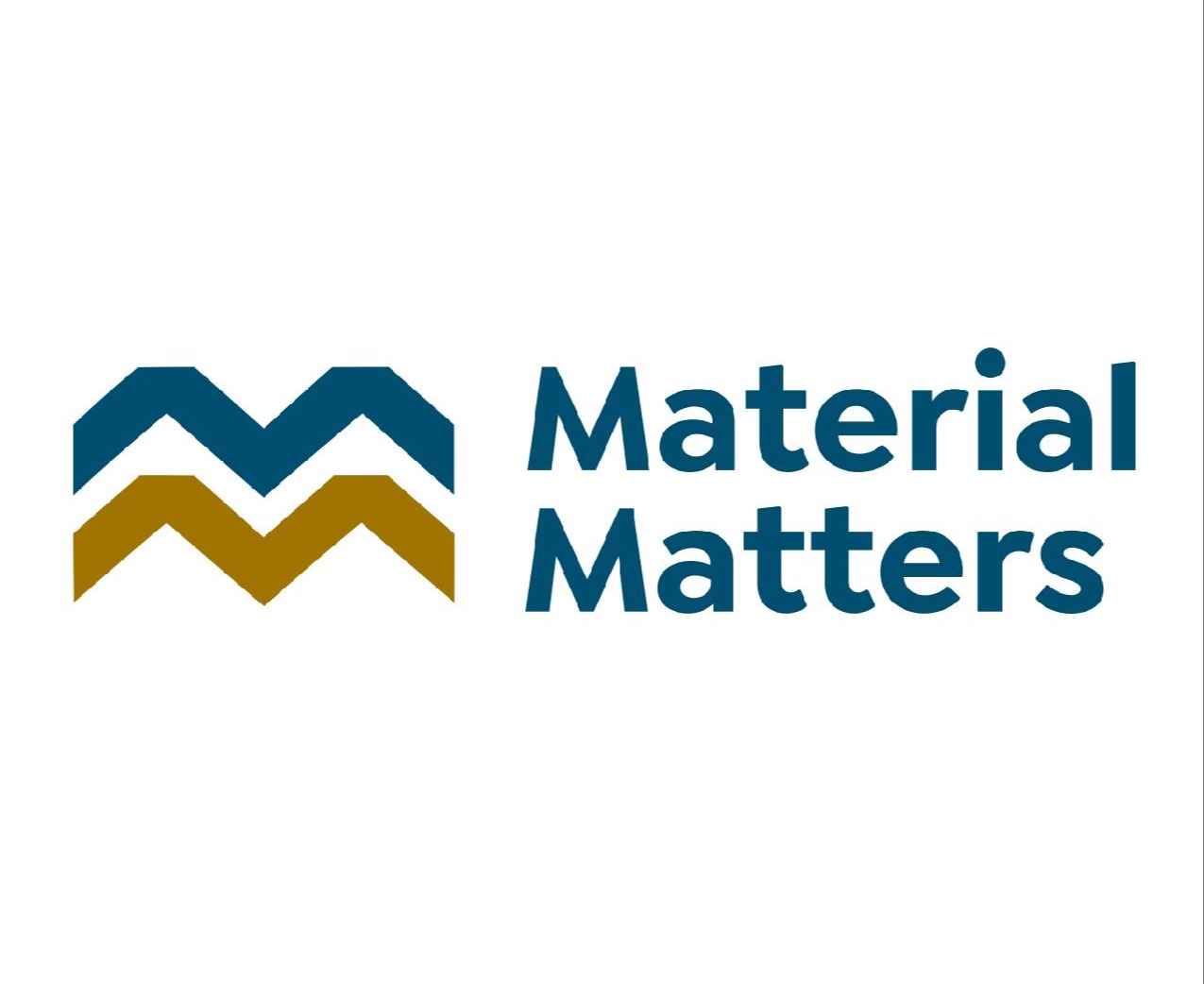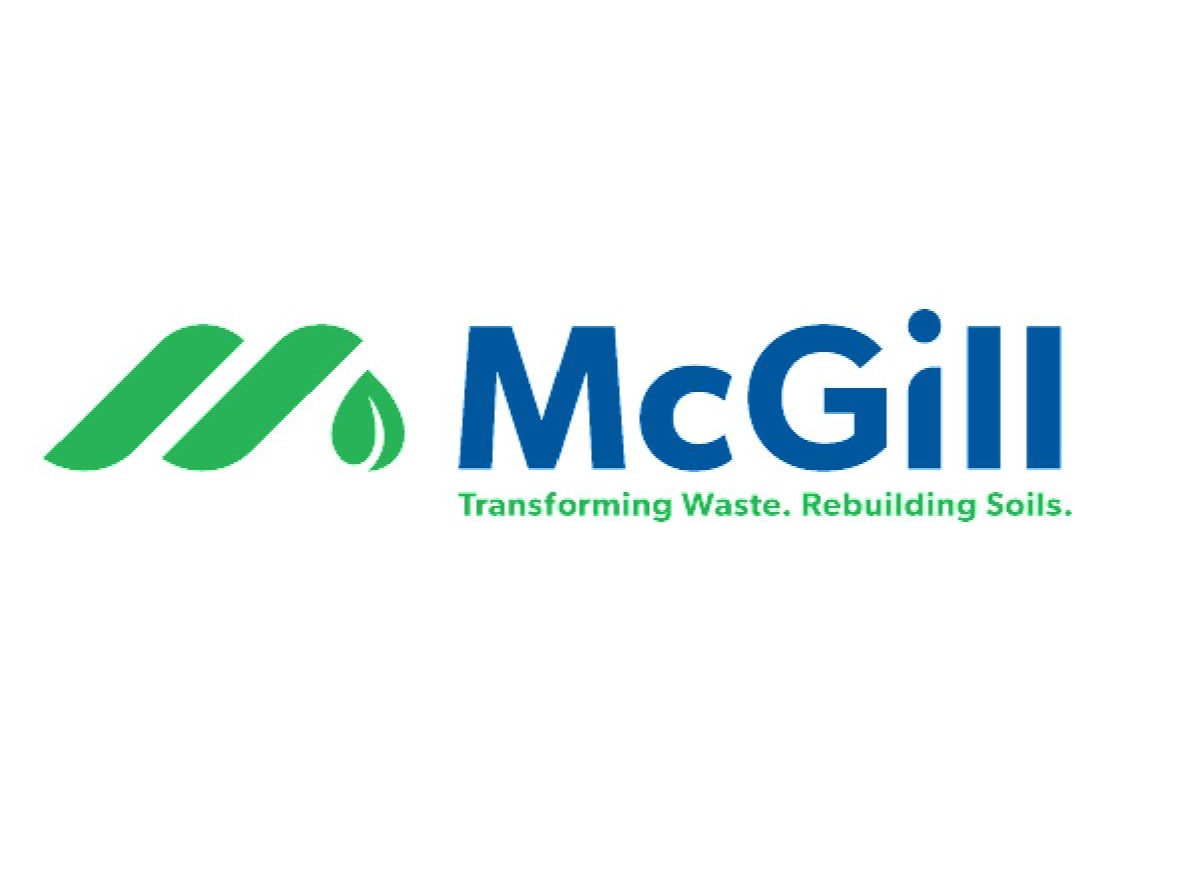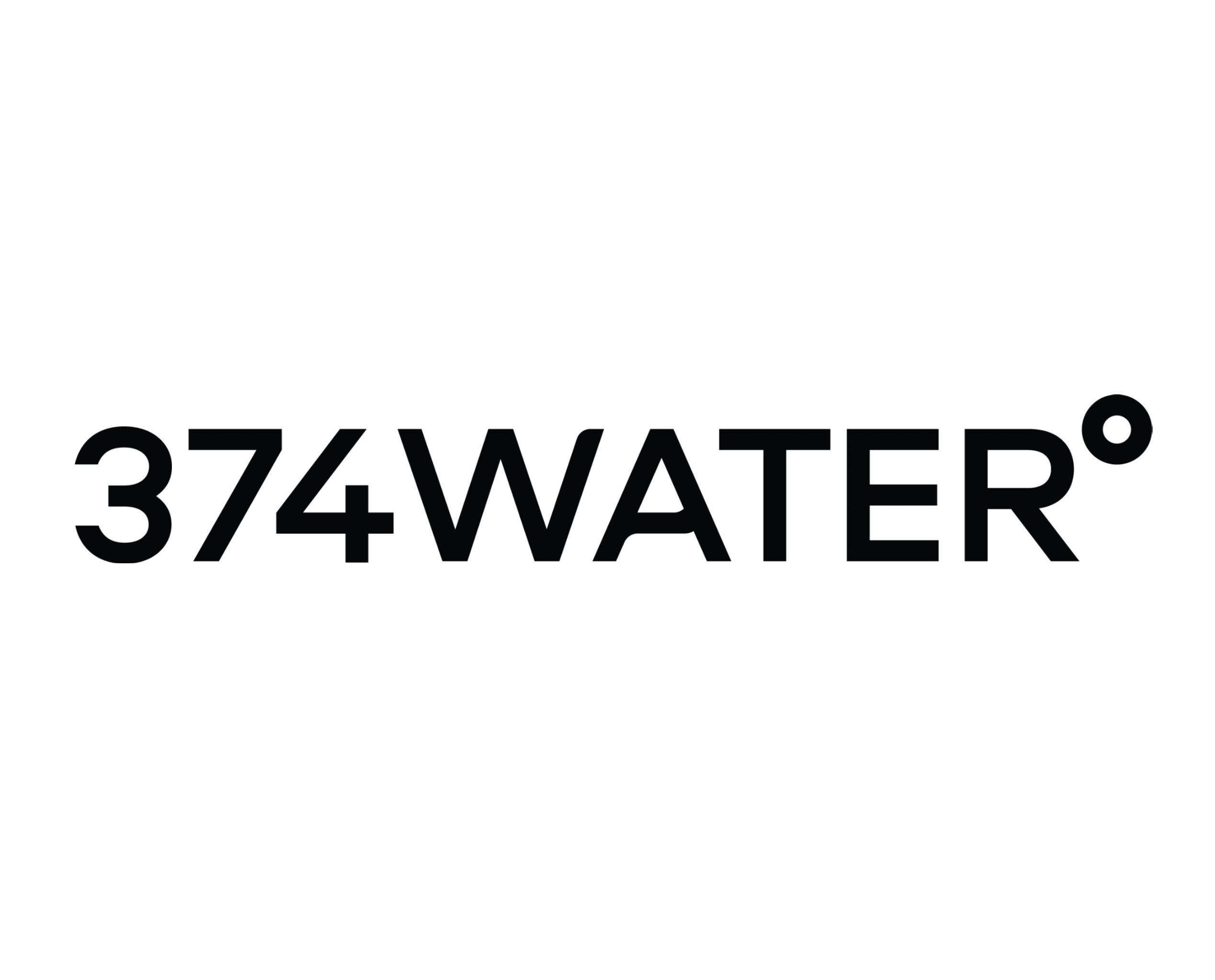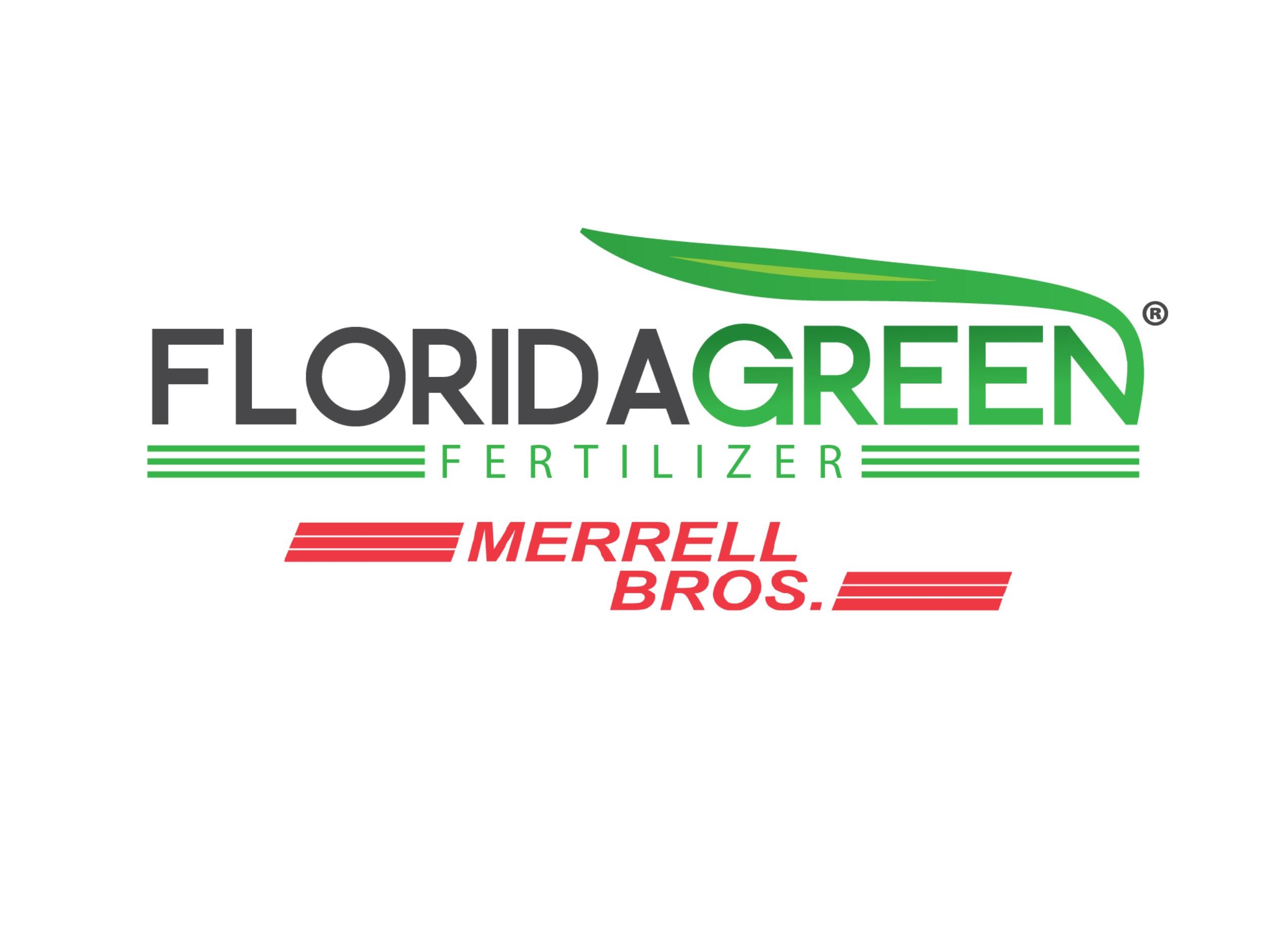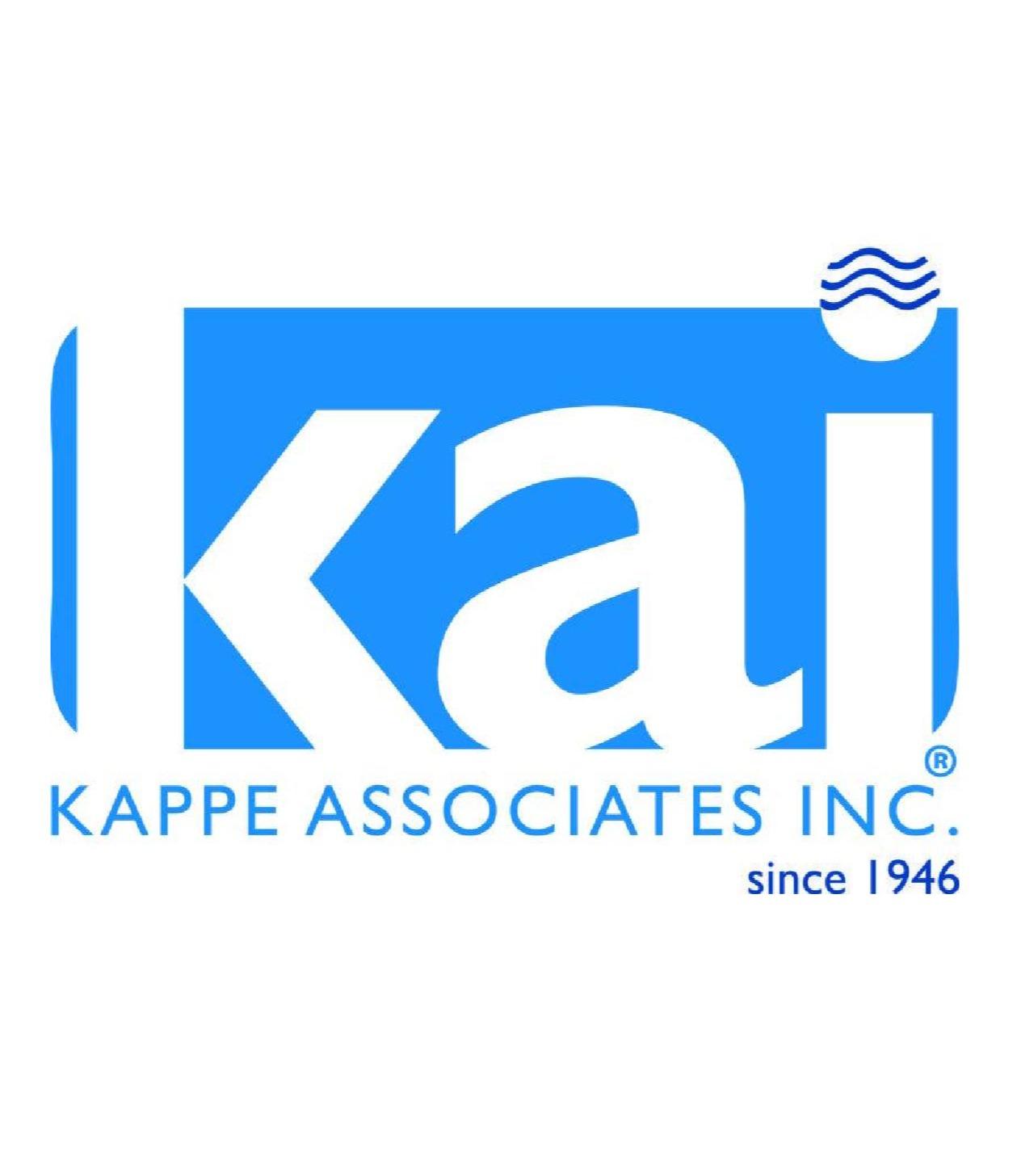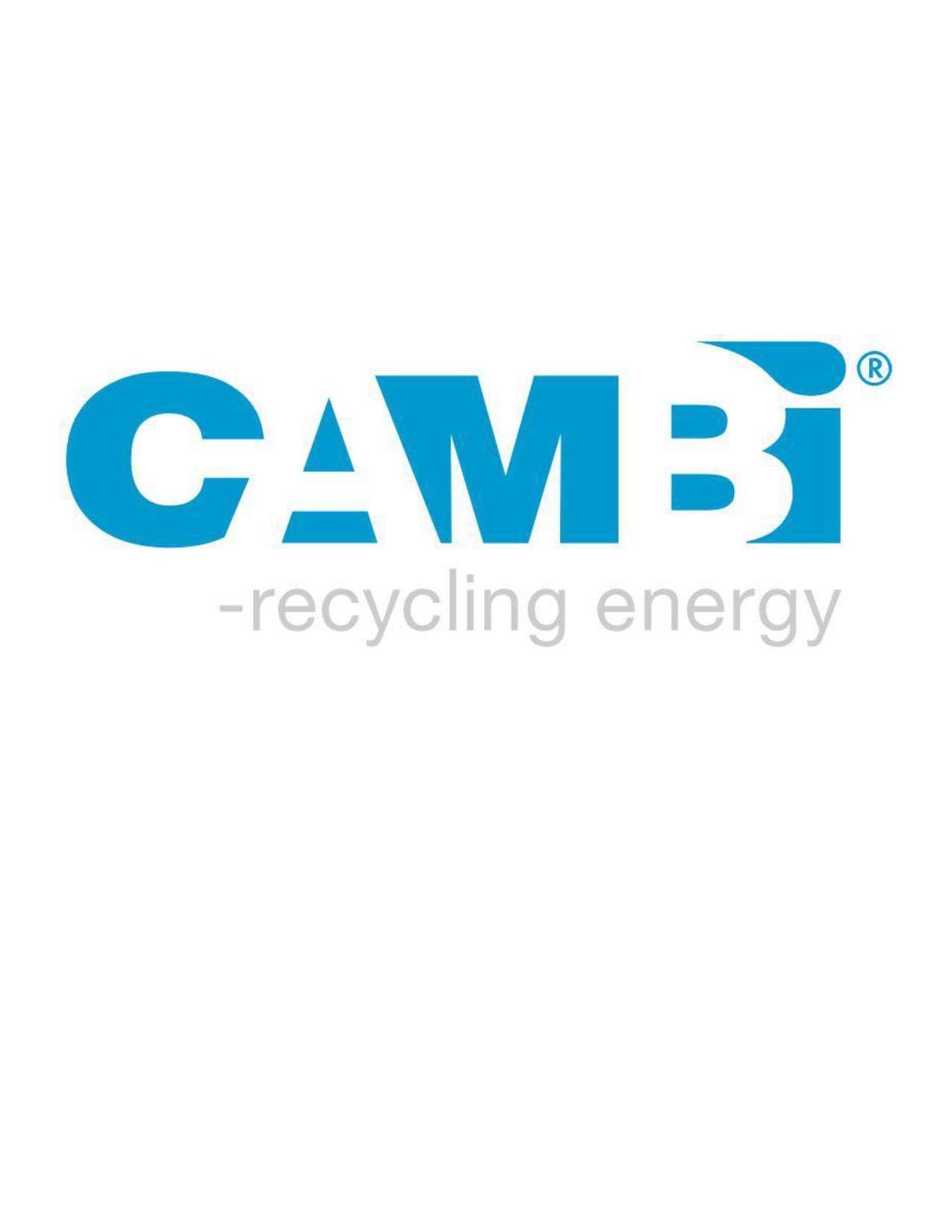SPOTLIGHT on Sustainable Environment Research Laboratory
Had the coronavirus pandemic not torpedoed the WEF Residuals and Biosolids Conference early April, many of us would have witnessed the outpouring of great research of the Sustainable Environment Research Laboratory (SERL), Virginia Tech’s northern campus. SERL is closely working with utilities and consulting firms to develop innovative environmental technologies and prepare a quality workforce capable of solving real world problems. With some luck, WEF will offered again these SERL papers:
- “Anaerobic digestion process intensification using temperature-phased anaerobic digestion and thermal hydrolysis”
- “Effect of thermal hydrolysis pretreatment on recalcitrant dissolved organic nitrogen contents quantified after anaerobic and aerobic treatment”
- “A comprehensive examination of the dewaterability of aerobic granular sludge cultivated in continuous flow bioreactors fed with real domestic wastewater”
- “Identification of Source and Cause of the Biosolids Odor Emission in Western Branch Water Resource Recovery Facility of Washington Suburban Sanitary Commission”
- “A comprehensive examination of the dewaterability of aerobic granular sludge cultivated in continuous flow bioreactors fed with real domestic wastewater”
- “Effect of THP and Anaerobic Digestion on the Dewatering Behavior of WAS and Primary Biosolids”
Leading the amazing work at SERL is Dr. Zhiwu (Drew) Wang, Ph.D., P.E., Assistant Professor, Department of Civil and Environmental Engineering, 9408 Prince William St. Manassas, VA 20110-5670, Phone: (703) 361-5606 Ext. 119,: [email protected]. Dr. Wang’s research portfolio focu ses on the development of advanced municipal sludge management technologies for intensifying anaerobic digester capacity1,2, mitigating biosolids odors3,4, enhancing cake dewaterability3,5-7, recovering nutrients5,6, mitigating emerging contaminants8,9, etc. His studies provide insight into engineered processes specifically designed for wastewater treatment10,11 and value-added bioproducts recovery12,13. Most importantly, Dr. Wang is seeding our profession with many new scientists. ses on the development of advanced municipal sludge management technologies for intensifying anaerobic digester capacity1,2, mitigating biosolids odors3,4, enhancing cake dewaterability3,5-7, recovering nutrients5,6, mitigating emerging contaminants8,9, etc. His studies provide insight into engineered processes specifically designed for wastewater treatment10,11 and value-added bioproducts recovery12,13. Most importantly, Dr. Wang is seeding our profession with many new scientists.
Here are the several new biosolids researchers:
Dr. Dian Zhang ([email protected]) joined Dr. Wang’s team back in 2017.  He just successfully defended his Ph.D. dissertation titled “Effects of process intensification techniques on biosolids management“ in March and will join Stantec’s Fairfax office as a civil engineer in June. During his Ph.D. study, Dr. Zhang worked with Arlington Water Pollution Control Plant, Alexandria Renew Enterprises, and Upper Occoquan Service Authority (UOSA) to investigate: Effect of solids retention time, shear force, and storage time on the polymer consumption, odor emission, and sludge dewaterability3; Recalcitrant dissolved organic nitrogen formation in thermal hydrolysis pretreatment8; Using cerium chloride to control soluble orthophosphate concentration and improve the dewaterability of sludge5,6; and Kinetic modeling of the anaerobic digestion4 He just successfully defended his Ph.D. dissertation titled “Effects of process intensification techniques on biosolids management“ in March and will join Stantec’s Fairfax office as a civil engineer in June. During his Ph.D. study, Dr. Zhang worked with Arlington Water Pollution Control Plant, Alexandria Renew Enterprises, and Upper Occoquan Service Authority (UOSA) to investigate: Effect of solids retention time, shear force, and storage time on the polymer consumption, odor emission, and sludge dewaterability3; Recalcitrant dissolved organic nitrogen formation in thermal hydrolysis pretreatment8; Using cerium chloride to control soluble orthophosphate concentration and improve the dewaterability of sludge5,6; and Kinetic modeling of the anaerobic digestion4
Dr. Yewei Sun ([email protected]) joined Dr. Wang’s team back in 2016.  He just successfully defended his Ph.D. dissertation titled “Advanced Biofilm and Aerobic Granulation Technologies for Water and Wastewater Treatment” in March and will join Hazen & Sawyer’s Fairfax office as Scientist in June. Dr. Sun performed his Ph.D. research in Upper Occoquan Service Authority (UOSA) on the topic of aerobic granular sludge which holds promise to revolutionize the wastewater and biosolids industry for its advantageous settleability10 and dewaterability7 over the traditional activated sludge. He just successfully defended his Ph.D. dissertation titled “Advanced Biofilm and Aerobic Granulation Technologies for Water and Wastewater Treatment” in March and will join Hazen & Sawyer’s Fairfax office as Scientist in June. Dr. Sun performed his Ph.D. research in Upper Occoquan Service Authority (UOSA) on the topic of aerobic granular sludge which holds promise to revolutionize the wastewater and biosolids industry for its advantageous settleability10 and dewaterability7 over the traditional activated sludge.
Mr. Jeffrey Nicholson ([email protected]) joined Dr. Wang's team as a PhD student in 2019. 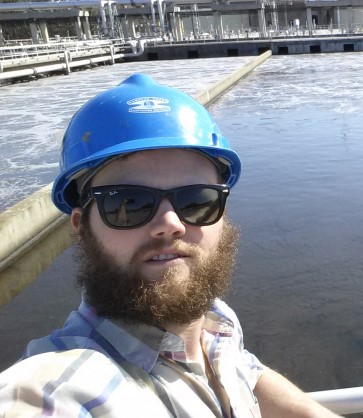 He received his B.S. in Civil and Environmental Engineering from Virginia Tech. Jeff is working with both the Hampton Roads Sanitation District (HRSD) and Matt Higgins at Bucknell University. His research is focused on identifying the parameters and fundamental mechanisms that control the dewatering and polymer demand of biosolids with respect to the effects of biological phosphorus removal, thermal hydrolysis pretreatment and anaerobic digestion. He received his B.S. in Civil and Environmental Engineering from Virginia Tech. Jeff is working with both the Hampton Roads Sanitation District (HRSD) and Matt Higgins at Bucknell University. His research is focused on identifying the parameters and fundamental mechanisms that control the dewatering and polymer demand of biosolids with respect to the effects of biological phosphorus removal, thermal hydrolysis pretreatment and anaerobic digestion.
Mr. Hao Luo ([email protected]) joined Dr. Wang’s team as a Ph.D. student in Spring 2019.  He received his B.S. in Environmental Science from Kunming University of Science & Technology in 2014 and his M.S. in Science & Technology from Southeastern Louisiana University in 2017. Hao has been working with Washington Suburban Sanitary Commission (WSSC) on the research to identify the source and cause of the biosolids odor emission in the Western Branch Water Resource Recovery Facility. He is also working on a project funded by Virginia Tech Institute for Critical Technology and Applied Science on the topic of biomass phosphorus recovery and immobilization to be used as slow-releasing fertilizer. He received his B.S. in Environmental Science from Kunming University of Science & Technology in 2014 and his M.S. in Science & Technology from Southeastern Louisiana University in 2017. Hao has been working with Washington Suburban Sanitary Commission (WSSC) on the research to identify the source and cause of the biosolids odor emission in the Western Branch Water Resource Recovery Facility. He is also working on a project funded by Virginia Tech Institute for Critical Technology and Applied Science on the topic of biomass phosphorus recovery and immobilization to be used as slow-releasing fertilizer.
Mr. Jiefu Wang ([email protected]) joined Dr. Wang’s team as a Ph.D. student in Fall 2019.  He received his B.E. in Environmental Engineering from Beijing University of Chemical Technology in 2017 and M.E. in Water, Waste & Environmental Engineering from University College Dublin in 2018. He is continuing Dr. Dian Zhang’s effort on the topics of process intensification of anaerobic digestion through temperature phased anaerobic digestion and/or thermal hydrolysis pretreatment in collaboration with Arlington Water Pollution Control Plant and Alexandria Renew Enterprises. Meanwhile, Jiefu is also making effort to understand the effect of cationic polymer on the performance of microbial communities in anaerobic digesters as a result of thermal hydrolysis pretreatment. He received his B.E. in Environmental Engineering from Beijing University of Chemical Technology in 2017 and M.E. in Water, Waste & Environmental Engineering from University College Dublin in 2018. He is continuing Dr. Dian Zhang’s effort on the topics of process intensification of anaerobic digestion through temperature phased anaerobic digestion and/or thermal hydrolysis pretreatment in collaboration with Arlington Water Pollution Control Plant and Alexandria Renew Enterprises. Meanwhile, Jiefu is also making effort to understand the effect of cationic polymer on the performance of microbial communities in anaerobic digesters as a result of thermal hydrolysis pretreatment.
Mr. Zhaohui An ([email protected]) joined Dr. Wang’s team as a Ph.D. student in Fall 2018.  He received his B.E. in Environmental Engineering from Tongji University in 2017 and M.S. in Civil Engineering from University of Illinois at Urbana Champaign in 2018. Zhaohui is working with Loudoun Water to understand the potential impact of the recalcitrant dissolved organic nitrogen formation as a result of the thermal hydrolysis on the Loudoun Water reclamation plant operation. He received his B.E. in Environmental Engineering from Tongji University in 2017 and M.S. in Civil Engineering from University of Illinois at Urbana Champaign in 2018. Zhaohui is working with Loudoun Water to understand the potential impact of the recalcitrant dissolved organic nitrogen formation as a result of the thermal hydrolysis on the Loudoun Water reclamation plant operation.
References:
1. Xu, F., Wang, Z.-W., Tang, L., and Li, Y., 2014. A mass diffusion-based interpretation of the effect of total solids content on solid-state anaerobic digestion of cellulosic biomass. Bioresource technology, 167: 178-185
2. Xu, F.Q., Li, Y.B., and Wang, Z.W., 2015. Mathematical modeling of solid-state anaerobic digestion. Progress in Energy and Combustion Science, 51: 49-66
3. Zhang, D., Strawn, M., Broderick, T., Novak, J., and Wang, Z.D., 2020. Effects of anaerobic digester solids retention time on odor emission and dewaterability of biosolids subjected to various shear intensity, polymer doses, and storage duration. Environmental Science: Water Research & Technology: https://doi.org/10.1039/D0EW00028K
4. Zhang, D., Strawn, M., Novak, J.T., and Wang, Z.W., 2018. Kinetic modeling of the effect of solids retention time on methanethiol dynamics in anaerobic digestion. Water Research, 138: 301-311
5. Zhang, D., Angelotti, B., Schlosser, E., Novak, J.T., and Wang, Z.W., 2019. Using cerium chloride to control soluble orthophosphate concentration and improve the dewaterability of sludge: Part II. A case study. Water Environment Research: 92 (3): 331-337
6. Zhang, D., Angelotti, B., Schlosser, E., Novak, J.T., and Wang, Z.W., 2019. Using cerium chloride to control soluble orthophosphate concentration and improve the dewaterability of sludge: Part I. Mechanistic understanding. water Environment Research: 92 (3): 320-330
7. Zhang D., Sun Y.W., Angelotti B., and Z.W., W., 2020. Understanding the dewaterability of aerobic granular sludge formed in continuous flow bioreactors treating real domestic wastewater: is it really better than that of the activated sludge? . Journal of Water Process Engineering (Accepted)
8. Zhang, D., Feng, Y., Huang, H., Khunjar, W., and Wang, Z.-W., 2020. Recalcitrant dissolved organic nitrogen formation in thermal hydrolysis pretreatment of municipal sludge. Environment International, 138: 105629
9. Sun, Y., Angelotti, B., Brooks, M., Dowbiggin, B., Evans, P.J., Devins, B., and Wang, Z.W., 2018. A pilot-scale investigation of disinfection by-product precursors and trace organic removal mechanisms in ozone-biologically activated carbon treatment for potable reuse. Chemosphere, 210: 539-549
10. Sun, Y., Angelotti, B., and Wang, Z., 2019. Continuous-flow aerobic granulation in plug-flow bioreactors fed with real domestic wastewater. The Science of the total environment, 688: 762-770
11. Sun, Y., Vaidya, R., Khunjar, W.O., Rosenfeldt, E.J., Selbes, M., Wilson, C., Bott, C.B., Titcomb, M., and Wang, Z.-W., 2019. Mathematical modeling of biologically active filtration (BAF) for potable water production applications. Water research, 167: 115128
12. Yu, D., Sun, Y., Wang, W., O’Keefe, S.F., Neilson, A.P., Feng, H., Wang, Z., and Huang, H., 2020. Recovery of protein hydrolysates from brewer’s spent grain using enzyme and ultrasonication. International Journal of Food Science & Technology:
13. Wang, Z.-W., Hamilton-Brehm, S.D., Lochner, A., Elkins, J.G., and Morrell-Falvey, J.L., 2011. Mathematical modeling of hydrolysate diffusion and utilization in cellulolytic biofilms of the extreme thermophile Caldicellulosiruptor obsidiansis. Bioresource technology, 102(3): 3155-3162 |

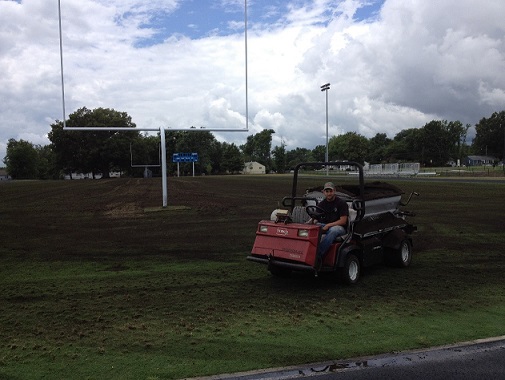
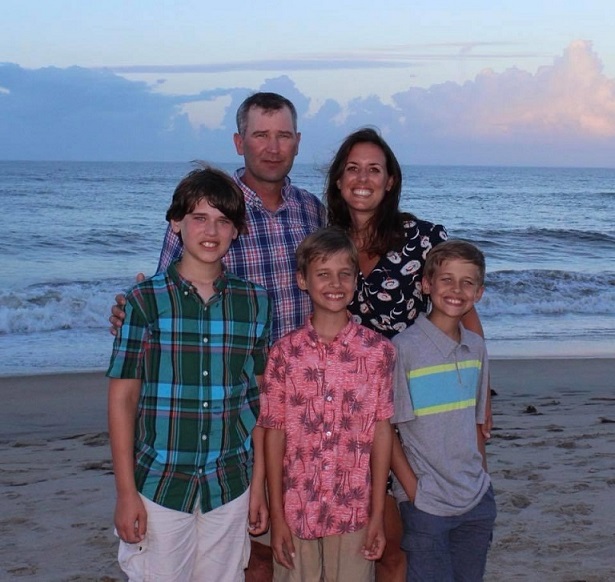 Peter Price, raised on a beef and veal farm in rural Bradford County, Pennsylvania, is the ultimate biosolids guy. He is a big biosolids user, with his father and siblings moving the family farm operation from that of hay purchaser to that of hay seller, through the great yields afforded by biosolids pellets. He is also a biosolids expert, serving as Technical Services Manager for Synagro in Maryland and Pennsylvania, where he and his team (Corinne Darragh, Daniel Rohe, Amy Welker and Kevin Smeltz) are responsible for land base management, permit and registration processing, regulatory compliance, and community relations. In his spare time, Peter keeps bees, scuba dives, and works toward his private pilot license. He resides in East Coventry, Chester County, with his wife Natasha and their three sons – Rowan, Peyton and Braeden.
Peter Price, raised on a beef and veal farm in rural Bradford County, Pennsylvania, is the ultimate biosolids guy. He is a big biosolids user, with his father and siblings moving the family farm operation from that of hay purchaser to that of hay seller, through the great yields afforded by biosolids pellets. He is also a biosolids expert, serving as Technical Services Manager for Synagro in Maryland and Pennsylvania, where he and his team (Corinne Darragh, Daniel Rohe, Amy Welker and Kevin Smeltz) are responsible for land base management, permit and registration processing, regulatory compliance, and community relations. In his spare time, Peter keeps bees, scuba dives, and works toward his private pilot license. He resides in East Coventry, Chester County, with his wife Natasha and their three sons – Rowan, Peyton and Braeden. 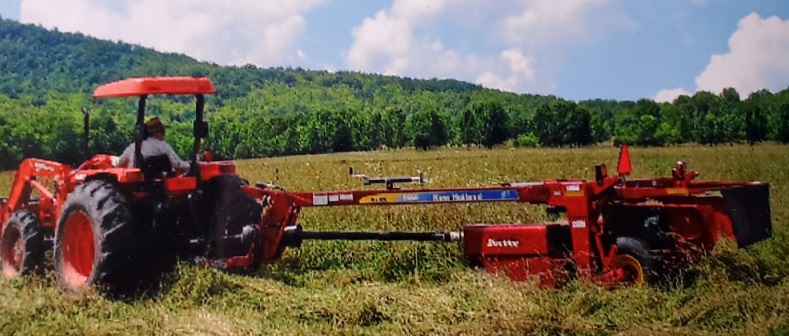
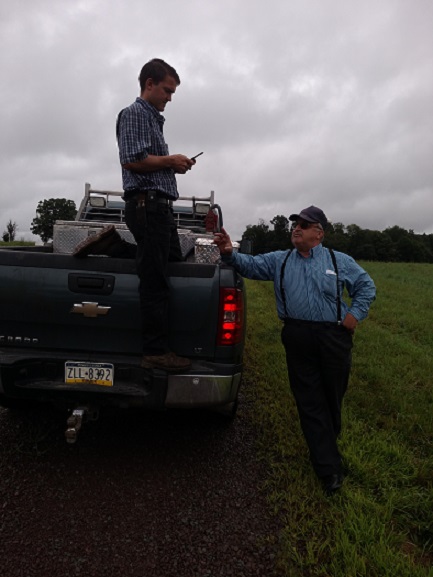 Leroy Zimmerman is owner of Custom Ag Service, LLC, a company out of Marietta, PA, that applies lime and manure for farmers in Pennsylvania. Importantly for the biosolids profession, Leroy has applied biosolids to farms in eastern Pennsylvania for well over 30 years. He has recently been spreading heat-dried biosolids pellets, using equipment of his own design that reduces dust release. He has been a key part of the distribution program for the
Leroy Zimmerman is owner of Custom Ag Service, LLC, a company out of Marietta, PA, that applies lime and manure for farmers in Pennsylvania. Importantly for the biosolids profession, Leroy has applied biosolids to farms in eastern Pennsylvania for well over 30 years. He has recently been spreading heat-dried biosolids pellets, using equipment of his own design that reduces dust release. He has been a key part of the distribution program for the 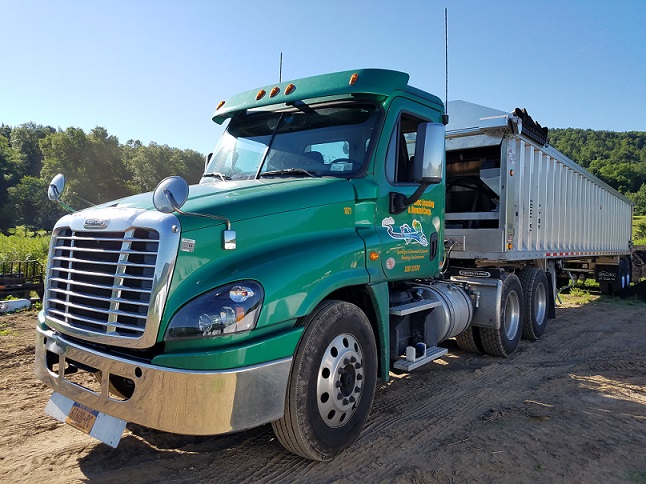
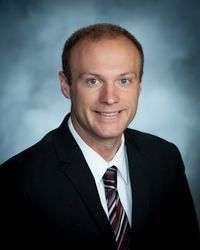
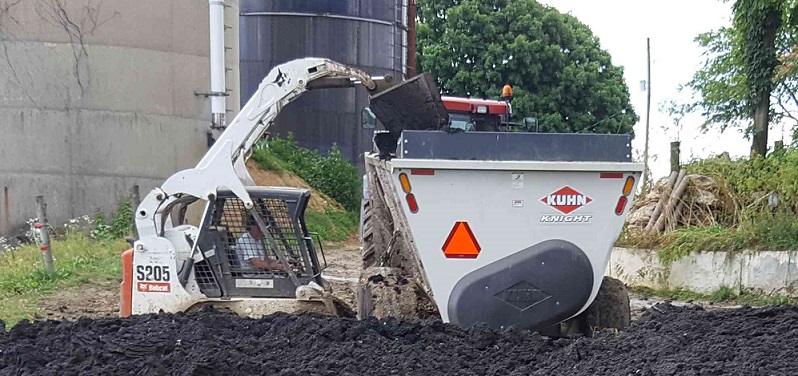

 He just successfully defended his Ph.D. dissertation titled “Effects of process intensification techniques on biosolids management“ in March and will join Stantec’s Fairfax office as a civil engineer in June. During his Ph.D. study, Dr. Zhang worked with Arlington Water Pollution Control Plant, Alexandria Renew Enterprises, and Upper Occoquan Service Authority (UOSA
He just successfully defended his Ph.D. dissertation titled “Effects of process intensification techniques on biosolids management“ in March and will join Stantec’s Fairfax office as a civil engineer in June. During his Ph.D. study, Dr. Zhang worked with Arlington Water Pollution Control Plant, Alexandria Renew Enterprises, and Upper Occoquan Service Authority (UOSA He just successfully defended his Ph.D. dissertation titled “Advanced Biofilm and Aerobic Granulation Technologies for Water and Wastewater Treatment” in March and will join Hazen & Sawyer’s Fairfax office as Scientist in June. Dr. Sun performed his Ph.D. research in Upper Occoquan Service Authority (UOSA) on the topic of aerobic granular sludge which holds promise to revolutionize the wastewater and biosolids industry for its advantageous settleability10 and dewaterability7 over the traditional activated sludge.
He just successfully defended his Ph.D. dissertation titled “Advanced Biofilm and Aerobic Granulation Technologies for Water and Wastewater Treatment” in March and will join Hazen & Sawyer’s Fairfax office as Scientist in June. Dr. Sun performed his Ph.D. research in Upper Occoquan Service Authority (UOSA) on the topic of aerobic granular sludge which holds promise to revolutionize the wastewater and biosolids industry for its advantageous settleability10 and dewaterability7 over the traditional activated sludge. He received his B.S. in Civil and Environmental Engineering from Virginia Tech. Jeff is working with both the Hampton Roads Sanitation District (HRSD) and Matt Higgins at Bucknell University. His research is focused on identifying the parameters and fundamental mechanisms that control the dewatering and polymer demand of biosolids with respect to the effects of biological phosphorus removal, thermal hydrolysis pretreatment and anaerobic digestion.
He received his B.S. in Civil and Environmental Engineering from Virginia Tech. Jeff is working with both the Hampton Roads Sanitation District (HRSD) and Matt Higgins at Bucknell University. His research is focused on identifying the parameters and fundamental mechanisms that control the dewatering and polymer demand of biosolids with respect to the effects of biological phosphorus removal, thermal hydrolysis pretreatment and anaerobic digestion. He received his B.S. in Environmental Science from Kunming University of Science & Technology in 2014 and his M.S. in Science & Technology from Southeastern Louisiana University in 2017. Hao has been working with Washington Suburban Sanitary Commission (WSSC) on the research to identify the source and cause of the biosolids odor emission in the Western Branch Water Resource Recovery Facility. He is also working on a project funded by Virginia Tech Institute for Critical Technology and Applied Science on the topic of biomass phosphorus recovery and immobilization to be used as slow-releasing fertilizer.
He received his B.S. in Environmental Science from Kunming University of Science & Technology in 2014 and his M.S. in Science & Technology from Southeastern Louisiana University in 2017. Hao has been working with Washington Suburban Sanitary Commission (WSSC) on the research to identify the source and cause of the biosolids odor emission in the Western Branch Water Resource Recovery Facility. He is also working on a project funded by Virginia Tech Institute for Critical Technology and Applied Science on the topic of biomass phosphorus recovery and immobilization to be used as slow-releasing fertilizer. He received his B.E. in Environmental Engineering from Beijing University of Chemical Technology in 2017 and M.E. in Water, Waste & Environmental Engineering from University College Dublin in 2018. He is continuing Dr. Dian Zhang’s effort on the topics of process intensification of anaerobic digestion through temperature phased anaerobic digestion and/or thermal hydrolysis pretreatment in collaboration with Arlington Water Pollution Control Plant and Alexandria Renew Enterprises. Meanwhile, Jiefu is also making effort to understand the effect of cationic polymer on the performance of microbial communities in anaerobic digesters as a result of thermal hydrolysis pretreatment.
He received his B.E. in Environmental Engineering from Beijing University of Chemical Technology in 2017 and M.E. in Water, Waste & Environmental Engineering from University College Dublin in 2018. He is continuing Dr. Dian Zhang’s effort on the topics of process intensification of anaerobic digestion through temperature phased anaerobic digestion and/or thermal hydrolysis pretreatment in collaboration with Arlington Water Pollution Control Plant and Alexandria Renew Enterprises. Meanwhile, Jiefu is also making effort to understand the effect of cationic polymer on the performance of microbial communities in anaerobic digesters as a result of thermal hydrolysis pretreatment.  He received his B.E. in Environmental Engineering from Tongji University in 2017 and M.S. in Civil Engineering from University of Illinois at Urbana Champaign in 2018. Zhaohui is working with Loudoun Water to understand the potential impact of the recalcitrant dissolved organic nitrogen formation as a result of the thermal hydrolysis on the Loudoun Water reclamation plant operation.
He received his B.E. in Environmental Engineering from Tongji University in 2017 and M.S. in Civil Engineering from University of Illinois at Urbana Champaign in 2018. Zhaohui is working with Loudoun Water to understand the potential impact of the recalcitrant dissolved organic nitrogen formation as a result of the thermal hydrolysis on the Loudoun Water reclamation plant operation. Dan Reed, Site Manager at Landis Sewerage Authority (
Dan Reed, Site Manager at Landis Sewerage Authority ( Jeff Heimbaugh, Biosolids / Pretreatment Program Supervisor at Carlisle Borough Sewer System Authority -
Jeff Heimbaugh, Biosolids / Pretreatment Program Supervisor at Carlisle Borough Sewer System Authority - 

 Shawn O’Toole, Land Application Supervisor, Kent County Regional Wastewater Facility -
Shawn O’Toole, Land Application Supervisor, Kent County Regional Wastewater Facility - 
